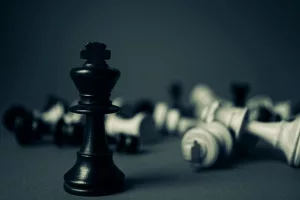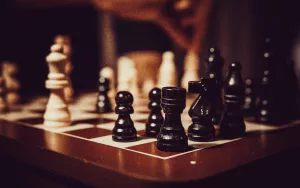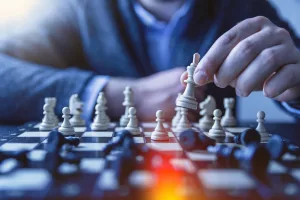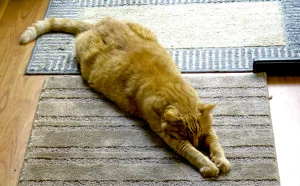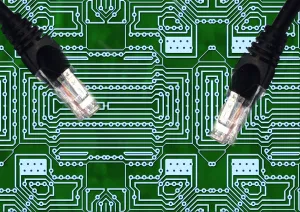Can I play Football with Kidney Stones?
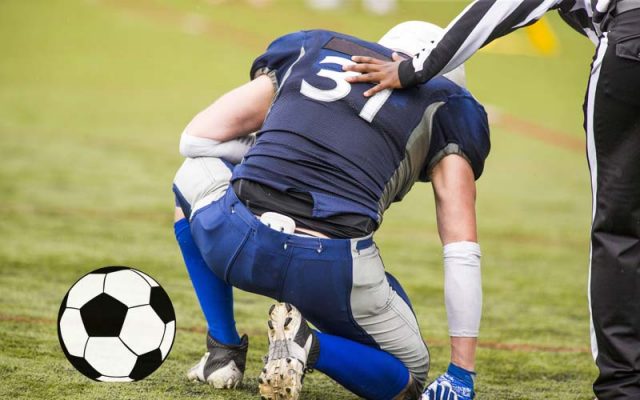
Are you an athlete suffering from kidney stones? Inspired by your favourite Messi? Well, Kidney stones are very common nowadays, according to a survey around 1/10 people suffer from it at least at some point in their life. But how does a kidney stone affect you? Can you play football with a kidney stone?
Kidney Stone
Our kidneys pass waste and fluids from our body in the form of urine. And when sometimes these wastes are too much or liquid to pass them is less, a kidney stone is formed.
A kidney stone in the bladder is a crystallized form of collected salts and minerals from urine. They cause severe discomfort, pain, and trouble urination. The size of kidney stones varies from a pebble-sized to a grain of sand.
Types of Kidney Stones
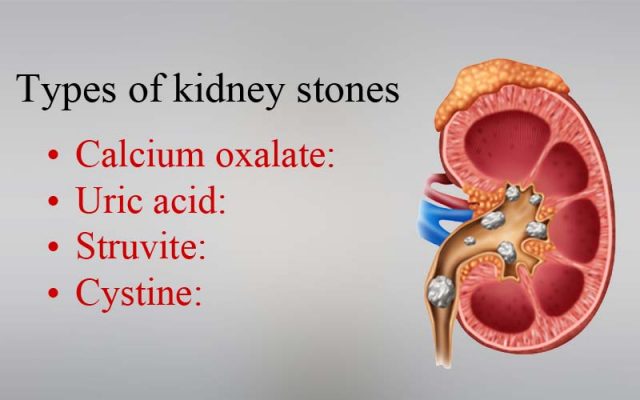
There are 4 types of kidney stones:
- Calcium oxalate: This type of kidney stone is formed in which calcium of the body is mixed with oxalate.
- Uric acid: Some foods such as organs of animals or shellfish can increase higher production of monosodium urate, which sets the right condition for the formation of kidney stones.
- Struvite: They are caused by infections in the upper urinary tract.
- Cystine: These types of kidney stones are genetic and run down in the family.
Causes
Drinking less water, exercising too much without water, or not exercising enough, obesity, salty or sugary foods, infections, or family background are some common reasons for kidney stones.
Symptoms
Symptoms include:
- Severe pain, however, the level of pain depends on the Size of kidney stones.
- Bloody urine
- Nausea
- Vomiting
- Fever
- Cold
- Smelly urine
- Dark urine
Kidney stones treatment
Nowadays, treatments of kidney stones are easier, safer, and fast. If your kidney stones are small, the doctor will focus on passing a kidney stone naturally. He may ask you to increase your intake of fluids and some restrictions.
But if the size of the kidney stone is large, he will use…
Shock-wave lithotripsy
It is a non-surgical method that uses high-energy shock waves to break down kidney stones into smaller fragments which are easier to be passed naturally.
Ureteroscopy
In this, an endoscope is inserted through the ureter, and stones are retrieved.
Percutaneous nephrolithotomy
If the stone is large and can’t be removed, surgery is performed to remove it.
Leo Messi played three games with the stone in his kidney
Kidney stones can be extremely painful for one and painless for others, some prefer one method over another. And Celebrity footballer Leo Messi chose probably one of the challenging methods: Playin Football.
He played football with kidney stones for his team and country. Before the finals, he was ruled out by the team because of renal colic, sharp abdominal pain, but he couldn’t rest back.
After three days, he returns and played for his team in the finals. And guess what? He scored the game’s opening goal and the team won by 3-0 victory.
Can I play Football with Kidney Stones?
Yes, you can play football with kidney stones. If they are of small size it will help in passing the kidney stones. But make sure to drink lots of water in between, As dehydration can aid in increasing the size of stones.
But if the stones are moving or are painful it can cause severe pain, therefore consult a doctor before trying out any kind of sports.
Tips to prevent kidney stones
Kidney stones have become common, and 1/10 people suffer from them. Moreover, half of the people suffer from it many times. Though preventing it isn’t a herculean task. Here are some best and approved tips to prevent kidney stones.
- Increase your Water intake: Drinking lots of water dilutes your urine and passes all minerals and toxins out of your body. Other than water, you can also try water-rich fruits or citrus fruit juice.
- Calcium-rich diet: Calcium binds oxalate and decreases the chance of calcium oxalate type of kidney stone.
- Reduce salt intake: A low sodium diet can avoid any increase in the size of kidney stones. Limit sodium intake to 2,300 mg.
- Limited animal protein: A high protein diet can increase the risk of kidney stones, as it reduces the levels of urinary citrate in urine. It is a chemical that prevents kidney stones and hence avoids or decreases the amount of animal meat.
- Foods to avoid: Beetroots, chocolates, spinach, tea, and nuts can contribute to the formation of kidney stones.
Always concern with your doctor before doing any heavy physical activity if you are suffering from kidney stones. Moreover, try out these tips to avoid kidney stones in general. But if you are suffering from It, get yourself properly diagnosed.

